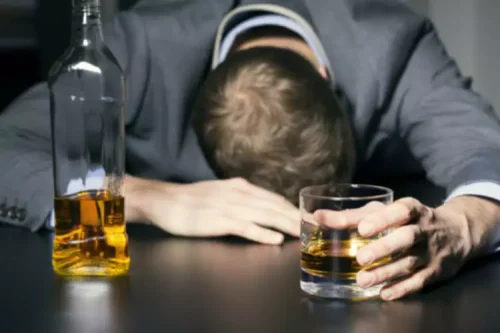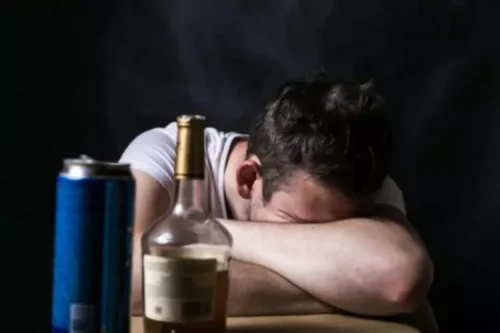
Frequent and severe night sweats, though, may be caused by an underlying health condition. Anyone undergoing alcohol withdrawal should do so under the guidance of medical professionals in an inpatient treatment facility (detox). Alcohol addiction treatment is the most effective way to recover and abstain from alcohol long-term. Drinking heavily and in excess over a long period changes brain chemistry. This results in alcohol dependence, or alcohol use disorder (AUD), which means the body has become physically dependent on alcohol. No matter how much alcohol you drink, you may experience night sweats when you go to sleep.

The Role of Apocrine Glands
When your body has this mutation, it can’t produce the enzymes that break down the toxins in alcohol. You probably don’t think of being sweaty as a good thing, but it serves an important function. People experiencing mild night sweats from occasional alcohol consumption may find relief using home remedies. However, hot flashes and sweating can also affect other people, since alcohol can affect sweating when drinking the endocrine system. This system makes and secretes hormones that can contribute to these symptoms. Alcohol also increases urination, which makes your body lose water along with sweat and can lead to dehydration.

Blood Vessel Dilation
You might also consider drinks that help replenish electrolytes, but be cautious with sugary sports drinks as they can potentially worsen dehydration. Alcohol can be a major contributor to hyperhidrosis, or excessive sweating. When alcohol is consumed, the body produces more sweat than usual in order to rid itself of the toxins present in the beverage. Additionally, people who suffer from alcohol intolerance or are undergoing alcohol withdrawal can experience an even greater increase in perspiration when consuming alcoholic beverages.
- When you sweat excessively, you lose water and risk becoming dehydrated.
- These measures can help you stay more comfortable even if you do experience some sweating during the night.
- Perimenopause, the first stage of menopause, is characterized by a decrease in estrogen production and irregular menstrual cycles.
What Causes You to Sweat While Drinking Alcohol?
If you’re experiencing alcohol-related sweating, it’s important to be aware of other symptoms that may indicate liver issues, like jaundice or abdominal pain. The relationship between alcohol consumption and night sweats is complex, involving various physiological processes and individual factors. Furthermore, persistent night what is alcoholism sweats, even when not directly related to alcohol consumption, can sometimes be a symptom of underlying health conditions.


Another potential cause of overheating after drinking wine is dehydration. Alcohol has a diuretic effect, meaning it increases the production of urine and makes you more likely to lose electrolytes like sodium, potassium, and calcium when you pee. This can lead to dehydration, which can make you feel hot and increase your overall body temperature. Hot flashes can also be triggered by smoking, which has been linked to an increase in night sweats.
